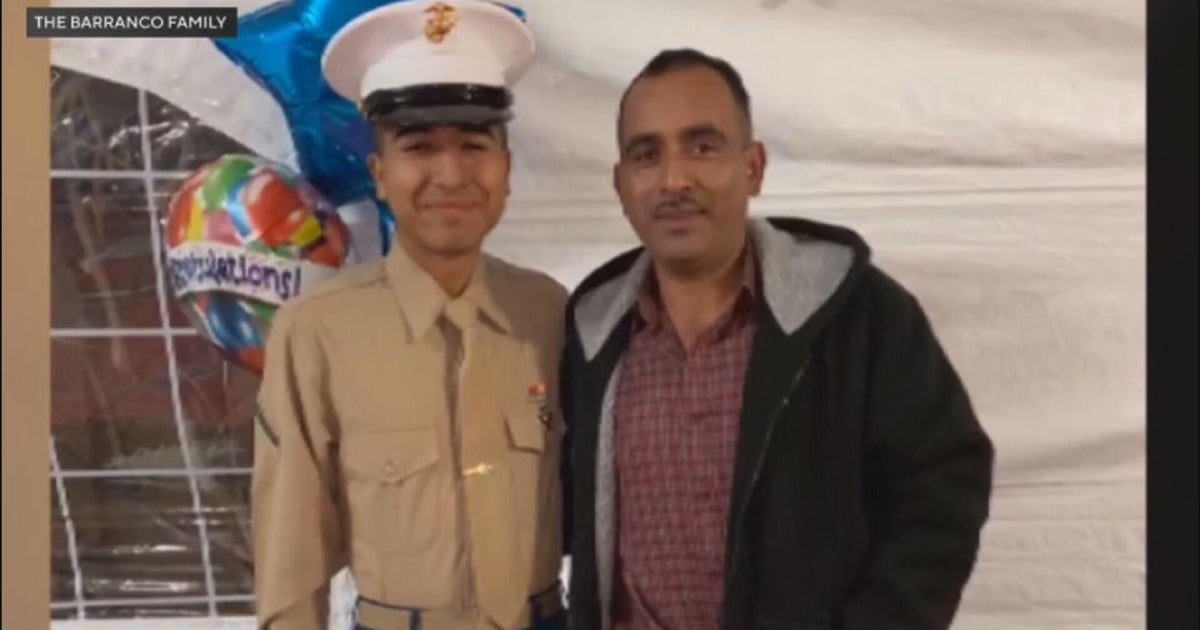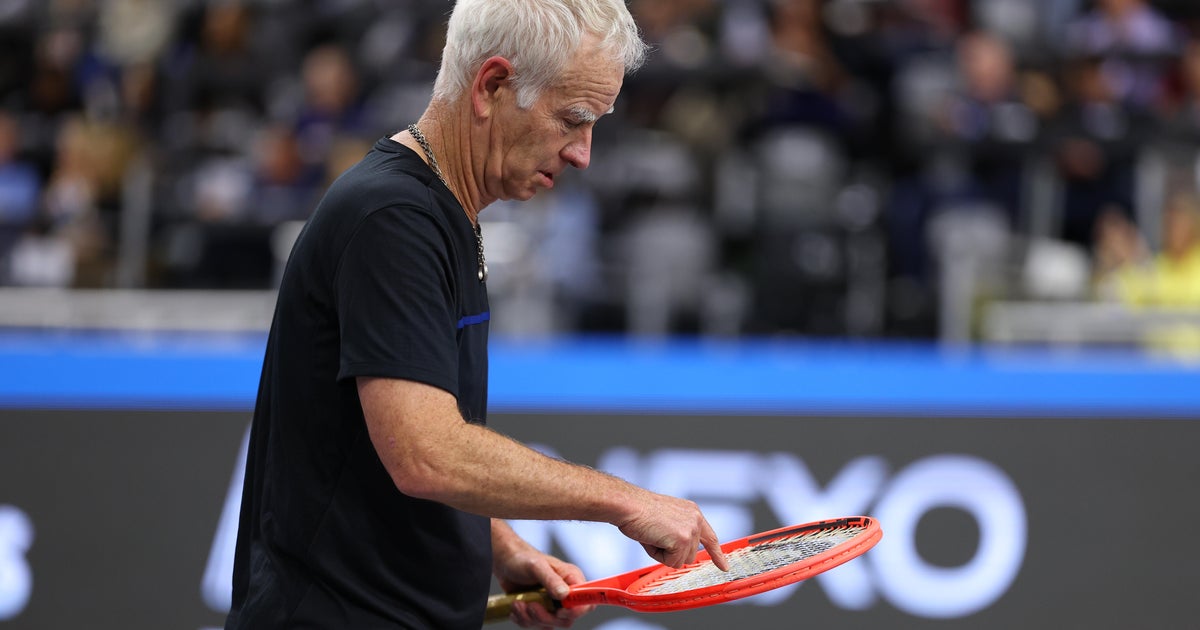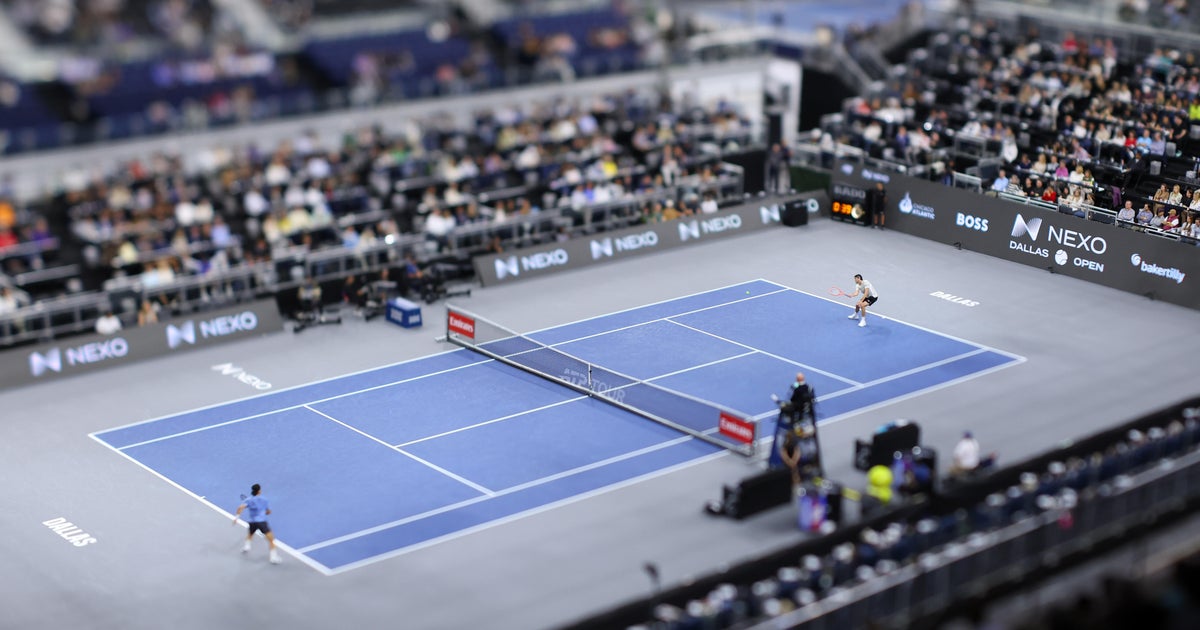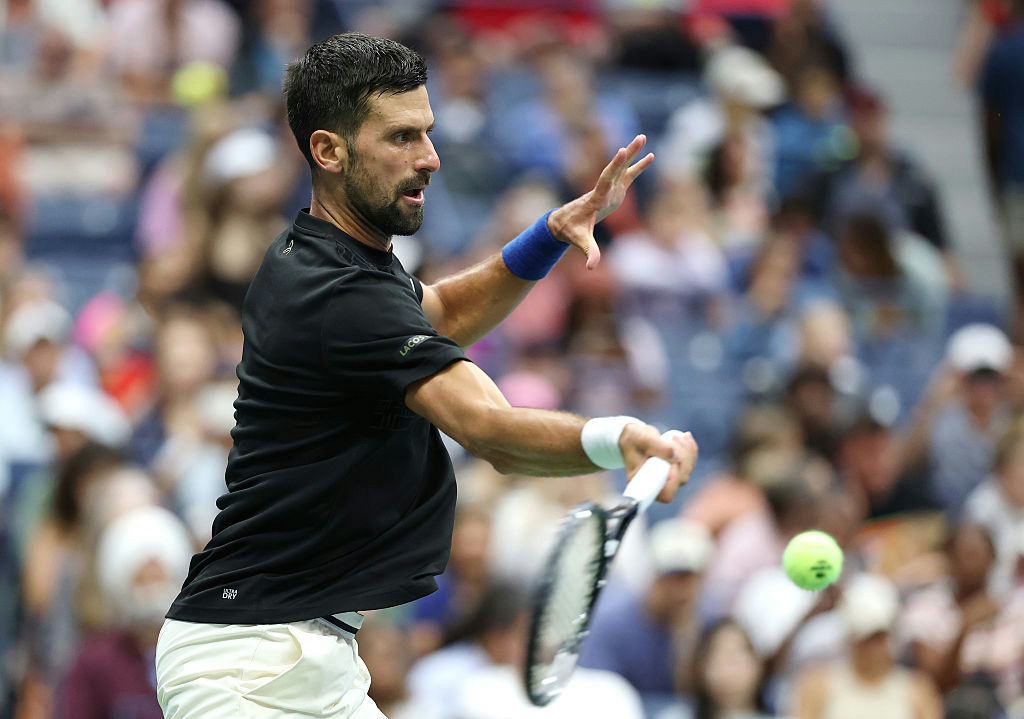Australia cancels Novak Djokovic's visa again only days before the Australian Open
Novak Djokovic faces deportation again after the Australian government revoked his visa for a second time, the latest twist in the ongoing saga over whether the world's top-ranked tennis player will be allowed to compete in the Australian Open despite being unvaccinated against COVID-19.
Immigration Minister Alex Hawke said Friday he used his ministerial discretion to cancel the 34-year-old Serb's visa on public interest grounds - just three days before play begins at the Australian Open, where Djokovic has won a record nine of his 20 Grand Slam titles. Djokovic is the Open's defending champion and is seeking a men's record 21st Grand Slam singles title overall.
Three hours later, Djokovic's lawyers began their appeal against the visa cancellation in an after-hours hearing at the Federal Circuit and Family Court. The same judge at that hearing, Anthony Kelly, ruled in favor of Djokovic last week on procedural grounds after his visa was first canceled when he landed at a Melbourne airport.
His lawyer, Nick Wood, told Kelly he hoped an appeal will be heard Sunday and that Djokovic would have his visa returned in time for him to play Monday.
Under terms spelled out by the government, Djokovic would remain free on Friday night but would effectively return to immigration detention when he meets with Australian Border Force (immigration) officials at 8 a.m. local time Saturday (4 p.m. Friday EST).
He would spend the morning at his lawyers' offices under Border Force guard and return to hotel detention on Saturday afternoon.
Deportation from Australia can lead to a three-year ban on returning to the country, although that may be waived, depending on the circumstances.
Djokovic's lawyers need to get him two urgent orders. One is an injunction preventing his deportation, like the order he gained last week. The second would make Hawke grant Djokovic a visa to play.
"That second order is almost not precedented," Melbourne-based immigration lawyer Kian Bone said. "Very rarely do the courts order a member of the executive government to grant a visa."
Hawke said he canceled Djokovic's visa on "health and good order grounds, on the basis that it was in the public interest to do so."
"The Morrison Government is firmly committed to protecting Australia's borders, particularly in relation to the COVID-19 pandemic," Hawke said in a statement, referring to Prime Minister Scott Morrison.
Morrison welcomed Djokovic's pending deportation, saying Australia had achieved one of the lowest pandemic death rates, strongest economies and highest vaccination rates in the world.
"Australians have made many sacrifices during this pandemic and they rightly expect the result of those sacrifices to be protected," Morrison said in a statement. "This is what the minister is doing in taking this action today."
Deportations usually come with a three-year-ban on returning to Australia.
Despite the uncertainty hanging over Djokovic, Open organizers included the tournament's top seed in the draw. He's slated to play fellow Serb Miomir Kecmanovic, who's ranked No. 78 in the world, in the opening round and has been practicing, including a session Friday a few hours before Hawke's decision was announced.
Djokovic's exemption from a COVID-19 vaccination requirement to compete was approved by the Victoria state government and Tennis Australia, the tournament organizer. That apparently allowed him to receive a visa to travel.
But the Australian Border Force rejected the exemption and canceled his visa upon arrival in Melbourne. Djokovic spent four nights in an immigration detention hotel before the judge overturned that decision Monday.
Djokovic's status is itself part of a larger, worldwide debate over the rights of the unvaccinated.
Morrison is running for re-election and his government's handling of the Djokovic visa situation has, in some quarters, tarnished what had been general praise for its tough stand on border security during – and before the pandemic.




